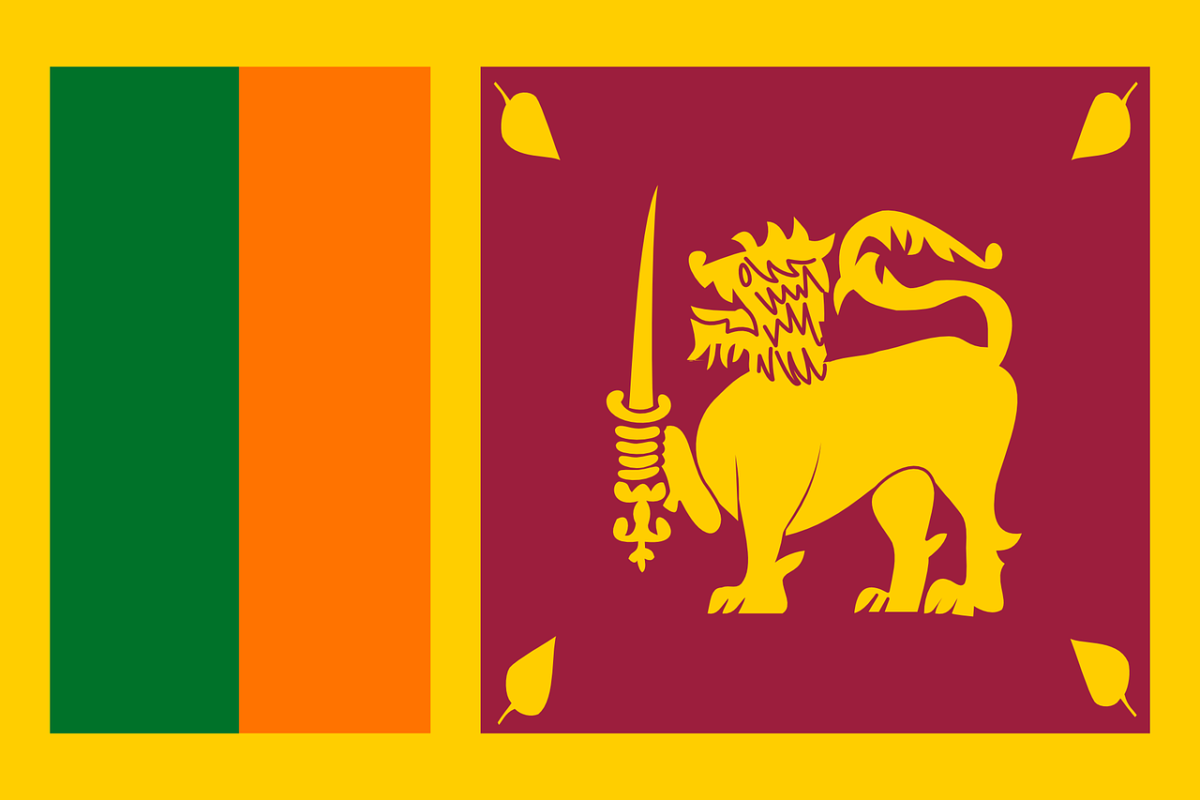2019
- Easter Sunday Church Bombings: In April 2019, Sri Lanka faced devastating Easter Sunday church bombings, severely impacting the country’s social and political climate.
- Presidential Election: Gotabaya Rajapaksa was elected as the President in November 2019. His government made sweeping tax cuts, including reducing the Value Added Tax (VAT) and corporate tax rates, leading to a reduction in government revenue.
2020
- COVID-19 Pandemic: The outbreak of the COVID-19 pandemic further exacerbated the economic situation, with significant impacts on Sri Lanka’s vital tourism sector.
- Economic Mismanagement: The government was criticized for poor financial management, including ignoring economic warnings and engaging in macroeconomic practices frowned upon globally.
2021:
- Continued Economic Deterioration: The country faced worsening economic conditions, including high levels of inflation and near depletion of foreign exchange reserves.
2022:
- April 1: President Rajapaksa declared a state of emergency amid widespread protests.
- April 3: Nearly all cabinet members resigned, leaving President Rajapaksa and Prime Minister Mahinda Rajapaksa isolated.
- April 5: President Rajapaksa lost his parliamentary majority.
- April 12: Sri Lanka defaulted on its foreign debt of $51 billion.
- May 9: Violence erupted as government loyalists attacked peaceful protesters, leading to nine deaths and hundreds of injuries.
- June 27: The government suspended fuel sales due to nearly depleting reserves.
- July 9: President Rajapaksa fled his residence amidst severe protests.
- July 13: President Rajapaksa fled the country, heading to the Maldives
Wickremesinghe’s Ascendancy:
Wickremesinghe’s election to the presidency marked a critical juncture in Sri Lanka’s political history, occurring amidst a backdrop of economic collapse and widespread public discontent. His long-standing political experience and pragmatic approach were considered crucial in navigating the country through its multiple crises. However, his ascendancy also underscored the deep divisions and challenges within Sri Lankan politics, with many viewing his presidency with scepticism and continuing demands for systemic change.
- Appointment as Prime Minister: In May 2022, amid escalating protests and the resignation of Mahinda Rajapaksa (Gotabaya’s brother) as Prime Minister, Wickremesinghe was appointed as the Prime Minister. His appointment was seen by some as a strategic move by Gotabaya Rajapaksa to stabilize the situation, given Wickremesinghe’s experience and international relations.
- Acting President: Following intense protests in July 2022, Gotabaya Rajapaksa fled the country, first to the Maldives and then to Singapore. In his absence, Wickremesinghe was named acting president.
- Election as President: On July 20, 2022, the Parliament elected Wickremesinghe as the new President of Sri Lanka. He secured 134 votes out of 225 parliamentarians, despite his United National Party holding only one seat in the chamber. This election was considered a dramatic turnaround for Wickremesinghe, who had been previously considered politically sidelined.
IMF and debt restructuring
As of December 2023, Sri Lanka’s dealings with the International Monetary Fund (IMF) regarding its bailout package have seen significant developments:
- Approval of the First Review: The IMF’s executive board cleared the first review of Sri Lanka’s $2.9 billion bailout, which provided approximately $337 million in funds. This move is essential for Sri Lanka as it tackles the fallout from its most severe financial crisis in decades.
- Release of the Second Tranche: Following this approval, the IMF executive board has also approved the release of the second tranche of the bailout package, amounting to $337 million. This approval came after Sri Lanka made commendable progress towards debt sustainability, reducing inflation, and safeguarding financial stability.
- Conditions for the Second Review: The second review of the bailout is scheduled for completion in the first half of 2024. This completion is contingent upon Sri Lanka meeting certain conditions, including debt restructuring and revenue targets set under the programme. The total amount sent to Sri Lanka now stands at about $670 million. The country needs to reach agreements with its official creditors, including China, Japan, and India, as well as a resolution with external private creditors, for restructuring its foreign debt before finalising the review.
- Economic Recovery and Projections: After securing the bailout in March 2023, Sri Lanka’s economy, which contracted by 3.6% this year, is expected to grow by 1.8% in 2024. This growth forecast indicates a gradual recovery from the crisis, although sustaining reform momentum is key for the economy to fully emerge from the crisis. Sri Lanka’s focus is on raising its tax revenue, reforming loss-making state enterprises, and building stronger reserves to stay on the IMF programme path.
- China’s Role in Debt Restructuring: China, Sri Lanka’s largest bilateral creditor, has agreed in principle to rework about $4.2 billion of China EXIM Bank debt in October. This agreement is significant for Sri Lanka’s debt restructuring process. Interestingly, China would not need to join the Official Creditor Committee co-chaired by Japan and India, as the core part of the debt restructuring was completed.
